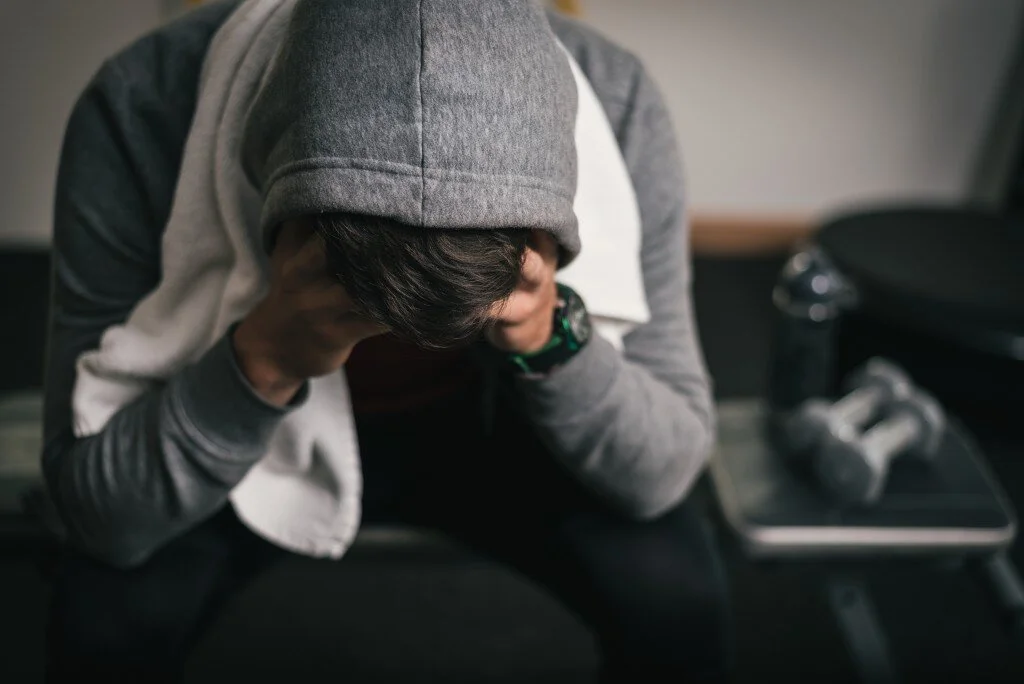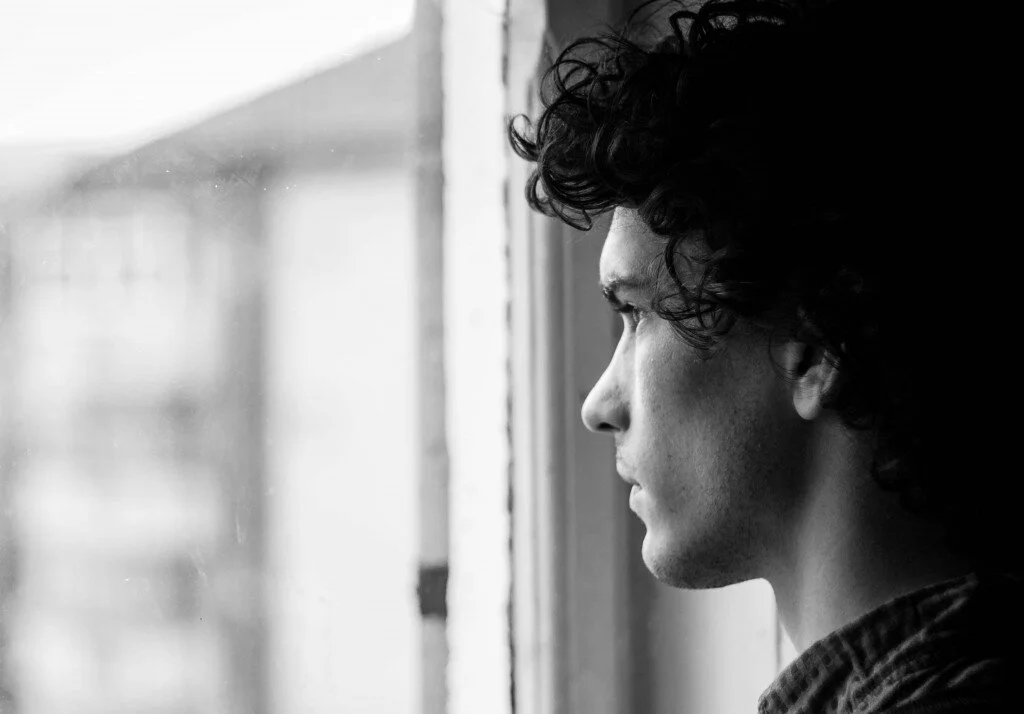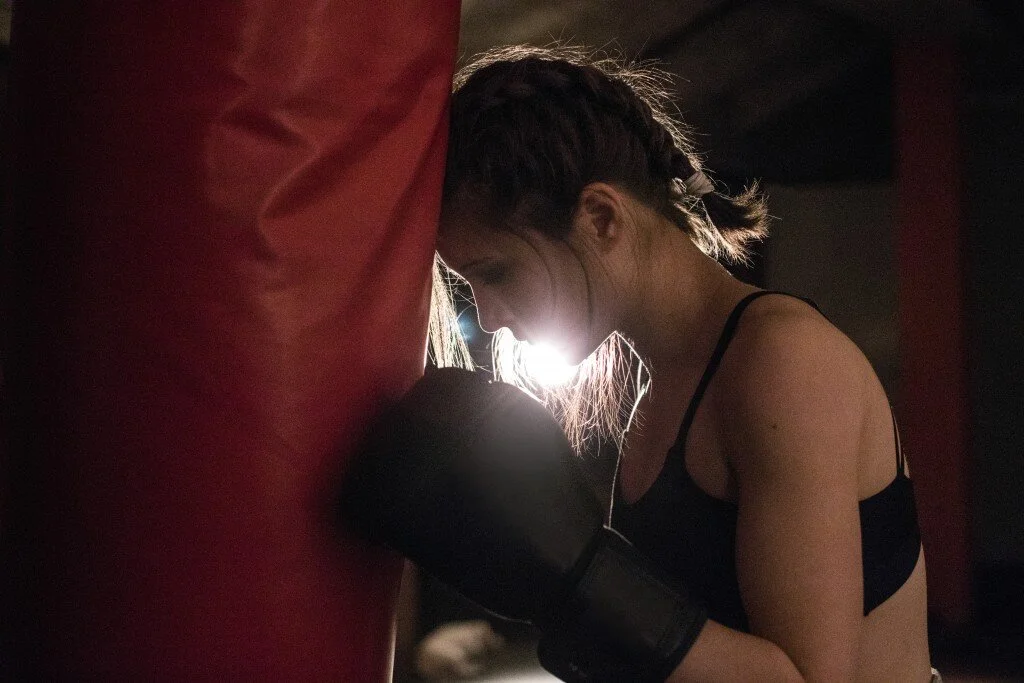The decision to stay involved with the team following medical disqualification/retirement can no doubt be a complicated one. On one hand, your teammates are your people and not having that same team connection would no doubt have an impact on your relationships, but on the other hand being present with a front row seat to watching others continue to compete when you no longer can do so personally, well that can feel flat out painful, if not torturous.
Read MoreInsightful articles for helping permanently-sidelined athletes find a meaningful way forward.
As a former sidelined athlete I can tell you that guilt and shame were very specific feelings I experienced when I medically-retired. At the time, I really didn’t feel like I had the right to grieve and I was ashamed of how depressed I had become. I didn’t realize that it was normal - more importantly - that it was OKAY to be mourning the end of my athletic career. Changing the narrative starts with understanding where the guilt and shame behind medical retirement comes from.
An athlete’s natural mindset in performing is to overcome and defeat opponents. To win. But what happens when you can’t even compete?
Read MoreThe reality of COVID-19 related impact on sports is brutal. “This is going to last far longer than we care to imagine,” they say. We’ve got to get used to a “new norm”, we are advised. Maybe a new norm seems impossible to accept right now, and fear and uncertainty are weighing heavy. Maybe it feels like you’ve been blocked off from one of the most significant parts of yourself. Maybe you are wondering if it’s okay to feel so devastated when many others are suffering far greater losses like losing their jobs and not knowing how to pay their rent or feed their kids. While these are new experiences to the vast majority of all the “sidelined” athletes in the world right now, this is a familiar space for us at Sidelined USA.
Read MoreIt is normal and healthy to experience a period of sadness following a career-ending injury. Take some time to come to terms with what has happened. It will help you to move forward when you’re ready.
Talk about it. It can be beneficial to express your feelings to someone that you trust.
Identify those people who can provide support and encouragement in coping with your injury.
Read More
Permanently sidelined athletes can expect to go through a grieving process as they adjust to their new reality of life beyond their sport. Research shows that most sidelined athletes experience the same stages of grief. Understanding what an athlete can expect to experience when coping with the loss of his/her sport can be a powerful piece of knowledge, both for the athlete and his/her family.
Read MoreFor athletes forced to discontinue their sport due to injury or health condition, the mental journey towards acceptance and internal healing can be confusing, complicated, and flat out brutal.
Permanently-sidelined athletes have described their grief as feeling as though a part of them has died. Sports psychologists refer to this as “losing the athletic identity”. One of the hardest parts of processing the loss of ability to compete in sport is feeling like you don’t know who you are without your sport.
Read MoreThe World Health Organization estimates that over 300 million in the world suffer from depression. According to studies of depression in student-athletes, as many as one in five athletes may be depressed. Clearly depression represents an emergent health crisis with a massive scope of impact. Not surprisingly, research has identified depression as a potential outcome of the athlete’s emotional response to becoming permanently-sidelined.
Read MoreBeing forced to give up your sport due to health reasons can be an extremely discouraging situation. The reality for sidelined athletes is that discouragement can lead to depression and for some, depression can lead to despair. You may be struggling to find your way forward without your sport and feel hopeless or lost. You may be hurting silently and feel like nobody understands.
It is important for you to know you are not alone. Sidelined USA is made up of a team of athletes, former athletes, professionals, and community members who are all committed to helping you find a way forward that is meaningful to you.
Read MoreBeing forced to retire from competing in a sport that you love is objectively heartbreaking. You’re allowed (even encouraged) to let yourself feel every negative emotion that comes with grieving the loss of a really important aspect of your life and identity. What remains important throughout this process though, is that you treat yourself with kindness and patience. You owe it to yourself to alter any internal-dialogues which threaten to convince you that these circumstances are more disastrous than you are strong.
As we begin to analyze our internal dialogues, we should be wary of unhelpful thought patterns that have manifested themselves so deeply that they impact our entire perception of the world, our experiences, and ourselves. These thoughts are not reality-based and overtime they are reinforced, resulting in biases, irrational thoughts, and groundless beliefs.
Read MoreRetirement from elite sport can impact every facet of our lives. This transition can feel like utter chaos. To some degree, almost every aspect of our life may look different; from our social circles, to our routines, to the way we see ourselves as people. On the most tangible level, our bodies themselves will likely change after retiring from elite sport. It is incredibly difficult for our self-esteem to be left unscathed after such a significant life transition. The things we once took pride in may not be feasible to us anymore. We may grapple to understand ourselves which leaves room for doubt to creep in and insecurity to take form.
Read More








